Description for Supersust
Supersus Steroid, also known as Super Sustanon, is a powerful anabolic steroid that is widely used in the bodybuilding and fitness community. It is a blend of different testosterone compounds, making it an effective and versatile steroid for enhancing muscle growth, strength, and overall performance.
The main active ingredient in Supersus Steroid is testosterone, which is a naturally occurring hormone in the human body. Testosterone plays a crucial role in the development and maintenance of male characteristics, such as muscle mass, bone density, and sexual function.
Supersus Steroid is formulated using a combination of testosterone esters, including testosterone propionate, testosterone phenylpropionate, testosterone isocaproate, and testosterone decanoate. These esters have different release rates, which allows for a sustained and prolonged effect of testosterone in the body.
One of the primary benefits of Supersus Steroid is its ability to enhance muscle growth and strength. It promotes protein synthesis, which is essential for the development of muscle tissue. This leads to increased muscle mass, improved muscle definition, and enhanced athletic performance.
Supersus Steroid also has the potential to increase red blood cell production, leading to improved oxygenation and nutrient delivery to the muscles. This can result in enhanced endurance, reduced fatigue, and faster recovery between intense workouts.
In addition to its anabolic effects, Supersus Steroid may also have androgenic effects, which can contribute to increased aggression, libido, and a sense of well-being. However, it is important to note that these effects can vary from person to person and may also be influenced by dosage and individual response.
Like any other steroid, Supersus Steroid carries certain risks and side effects. These can include testosterone suppression, which can lead to a decrease in natural testosterone production, as well as potential estrogen-related side effects such as water retention, gynecomastia (development of breast tissue in men), and increased risk of cardiovascular issues.
It is crucial to approach the use of Supersus Steroid with caution and under the guidance of a medical professional. It is typically recommended for experienced users who have a solid foundation of training, nutrition, and understanding of anabolic steroids. Proper dosing, cycle lengths, and post-cycle therapy protocols should be followed to minimize potential risks and side effects.
It is also worth noting that the use of Supersus Steroid is generally considered illegal without a valid prescription. It is classified as a controlled substance in many countries due to its potential for abuse and misuse.
In conclusion, Supersus Steroid is a potent anabolic steroid that can provide significant muscle growth, strength gains, and performance enhancement. However, it should be used responsibly, under medical supervision, and with a thorough understanding of the potential risks and side effects associated with its use.
Shipping Cost
On all orders is set at $25.00
Secure checkout
Protected by Bitcoin
Offer & gift here
On all huge orders

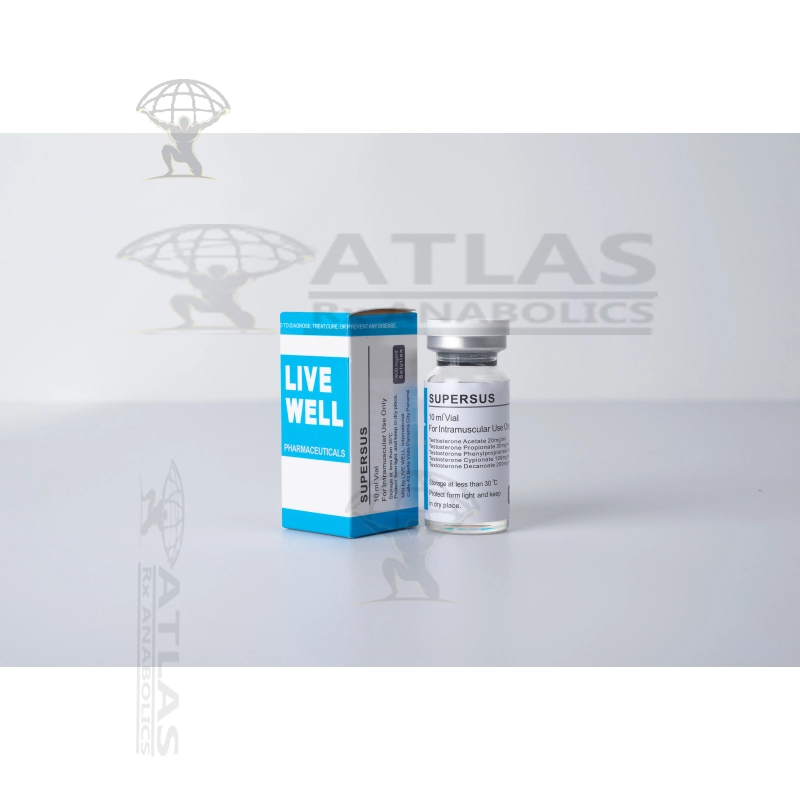

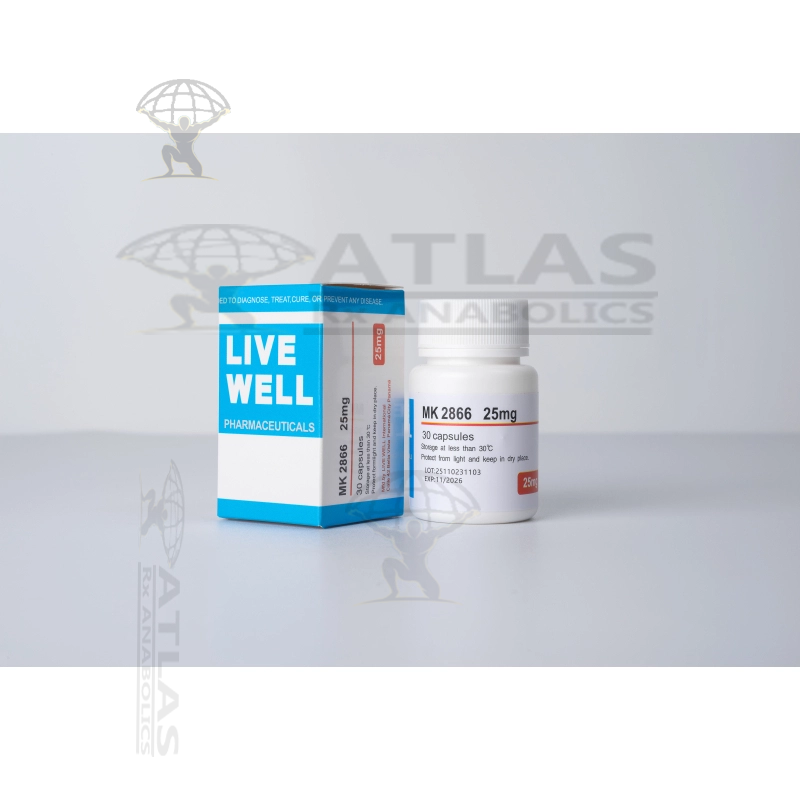
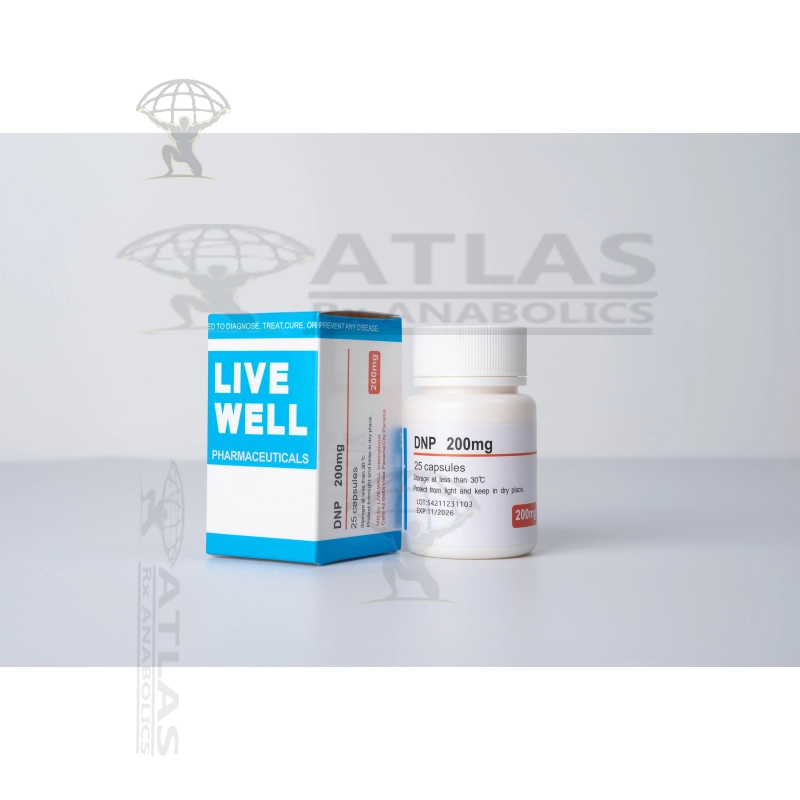
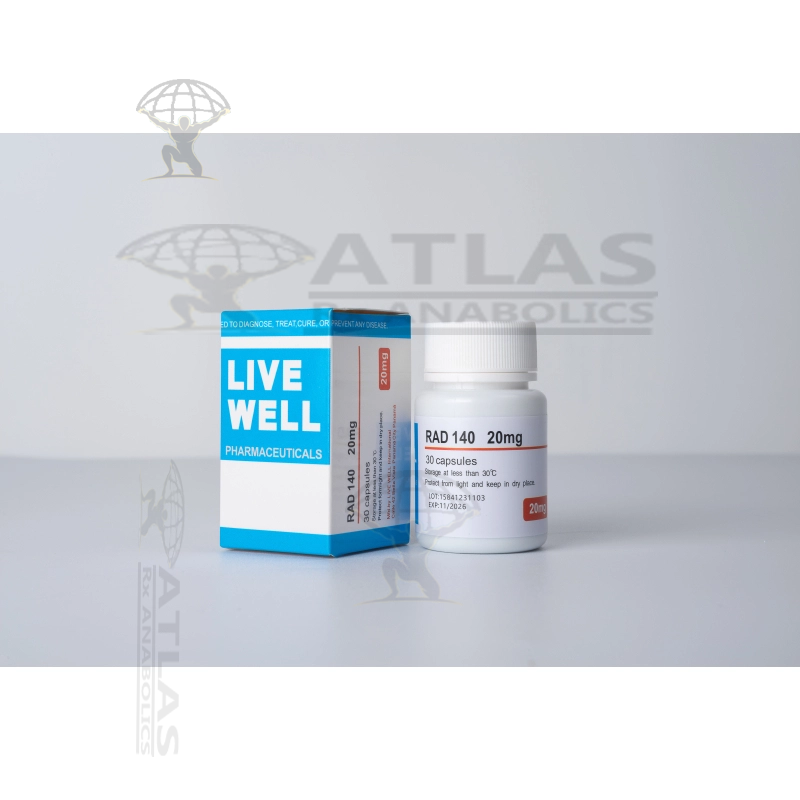
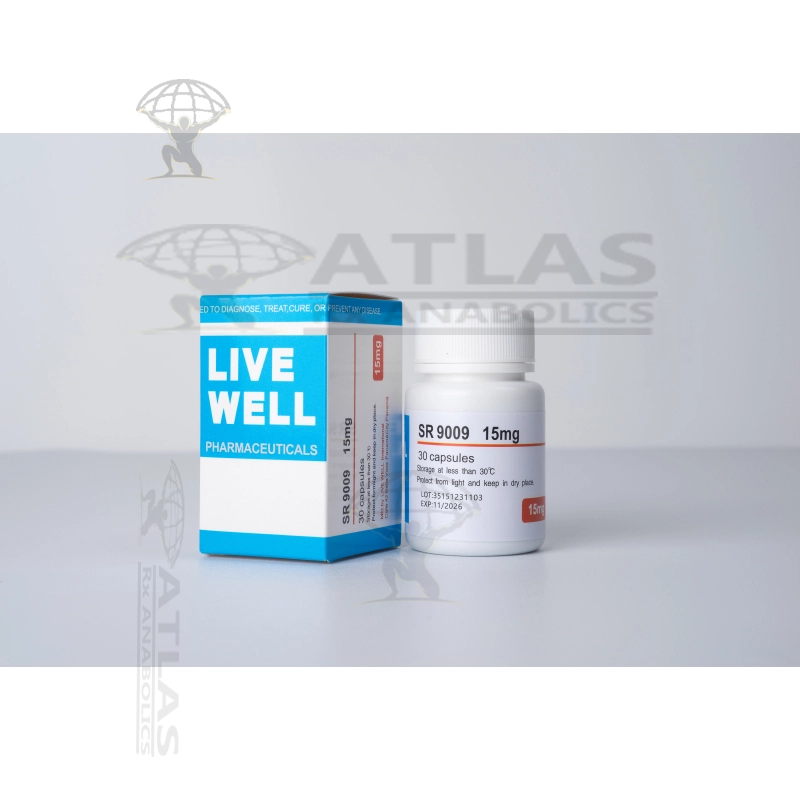
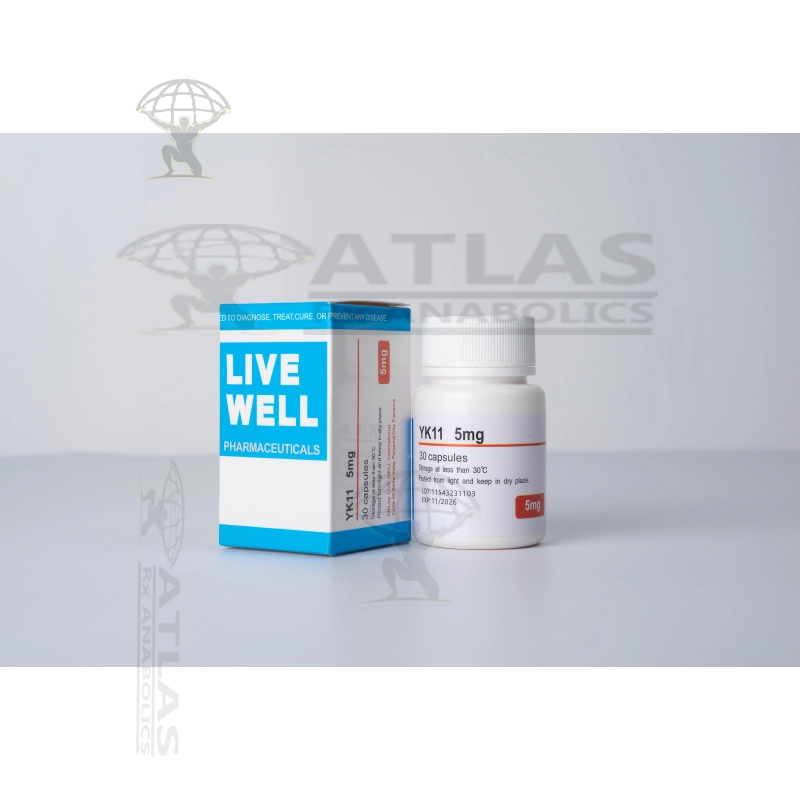
Lisa Jackson
I stumbled upon this website while searching for a specific item, and I'm so glad I did. The selection is impressive, and the prices are unbeatable. Will definitely be coming back for more!